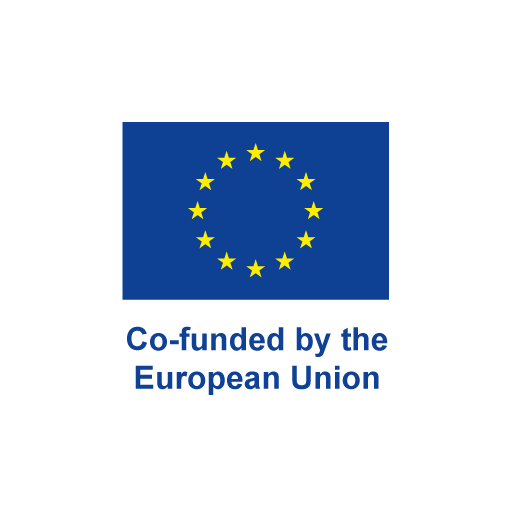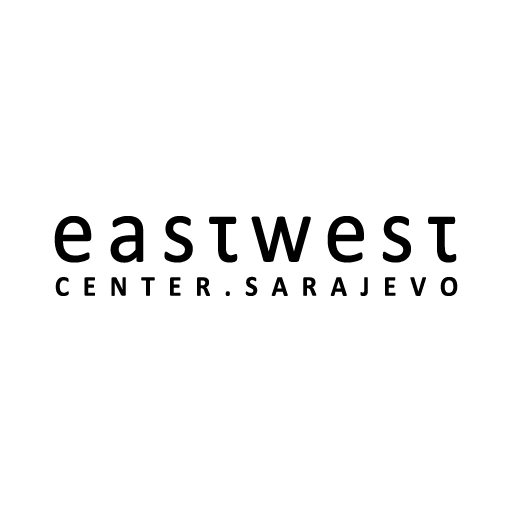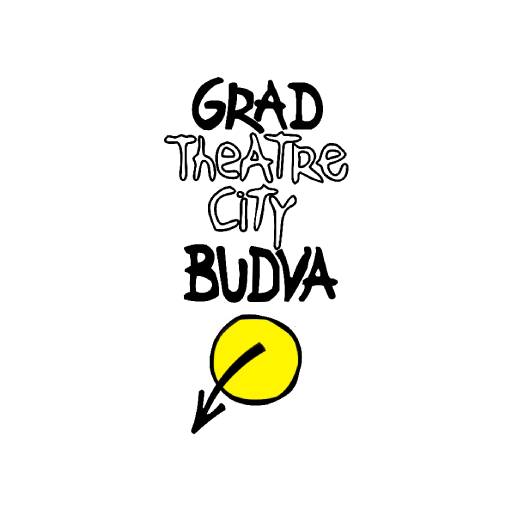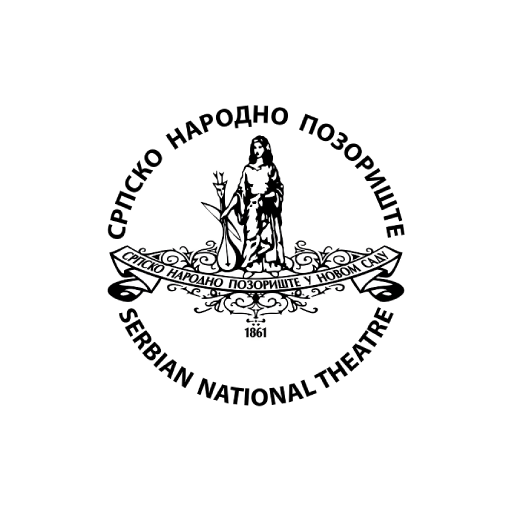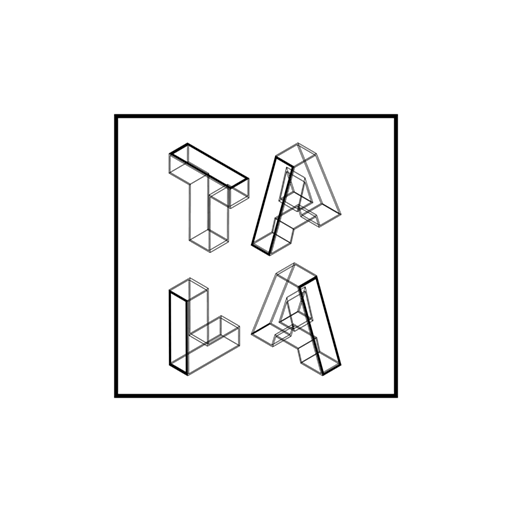Could you shed some light on the Project and tell us what is one of its main objectives, given that the East West Centre is the lead partner?
For a while now I wanted to make a play about people with developmental disabilities. It is a topic that is not often part of the cultural scene or public discourse in general, but is extremely important. I believe that it would be best to say that these are people who need to be given special attention. Not only because they and their families are in a very specific situation throughout their lives, but also because these people mean a great deal to society, connecting us all to our human essence. Budva Theatre, the Serbian National Theatre Novi Sad and TALA Dance Centre from Zagreb have joined forces with East West Centre Sarajevo in this European project – to create the theatre performance Enabled Theatre. The objective of the play is to raise social awareness on the importance and protection of people with developmental disabilities and their families. A society is only as strong as the most vulnerable among us are strong and protected. A much greater understanding of people with developmental disabilities and their families is needed. Our play will talk about that. We will perform it in Budva, Novi Sad, Zagreb and Sarajevo, and hopefully in other cities in the region and Europe. Professional actors will perform in the play and almost a whole year before the premiere of the play, we will hold workshops in Budva, Sarajevo and Novi Sad with people with developmental disabilities, their families and people who care for them in social and health institutions. In Budva, we will cooperate with the Day Center for Children and Youth with Developmental Disabilities.
The Project is funded from the Creative Europe Programme. How will the planned workshops, all the steps that will be taken as well as the play itself be significant for the education of people with developmental disabilities, i.e. persons who need special attention, as well as for their more effective inclusion in society as a whole?
Enabled Theatre is not a social project, it is an artistic performance, a theatre. Creative Europe supports artistic projects and there are some other European funds that support social and health care projects and are available to relevant institutions. We will have workshops with people who need special attention, but I cannot say how much it will affect their education and quality of life. Not too much, that’s for sure, because, after all, it’s about a small number of those workshops. Caring for people with developmental disabilities is a continuous process and requires the coordinated activity of experts, families and the state. Our role in this huge work is small, but we will do our best to present this topic significantly to the public.
We will also try to create an initiative to establish a Balkan Art Centre in Budva for people with difficulties. It would be the first such center in the Balkans. That would then be a systematic step.
You worked on a project that was realized as part of the European Capital of Culture, in Novi Sad. Budva applied for that title. Do you have a suggestion on how to organize the programs for Budva and how they should be implemented?
Budva is the ideal city to be the European capital of culture! That’s a fantastic idea. I have collaborated with several capitals of culture in Europe and Great Britain. Novi Sad was very successful as ECC 2022. The play “Mephisto” by Klaus Mann, which I directed at the Serbian National Theatre in Novi Sad as part of the ECC Programme, was truly one of the highlights of that great and wonderful project. I hope that Budva will succeed in the strong competition for that title. The most important thing is the concept of the program, that it should be something special that is important both locally and in the European context!
You had your first collaboration with the Grad Teatar festival in 1991, when you directed the now iconic play “Waiting for Godot” starring Predrag Miki Manojlović, Žarko Laušević, Miodrag Krivokapić and Slavko Štimac. The play which, as you said, was the last premiere in SFRY. Can you tell us more about that night at the festival? As well as the evening of the Belgrade premiere?
A wonderful play, which foreshadowed the tragedy that happened in the following years. In Belgrade, at the premiere that evening, there were many guests and colleagues from all over Yugoslavia. And then, during the intermission between the first and second act, someone said in the foyer: “The tanks have moved into Slovenia.” It was June 25, 1991. It was the night when the first act of “Waiting for Godot” was played in the SFRJ, and the second in the broken Yugoslavia. We had the premiere in Budva on July 11, 1991. We were in shock, we didn’t understand what was happening and what was going to happen. We performed at the Citadel and the play looked really extraordinary in that setting. It was like a ship sailing into the unknown, and on the deck there were Miki, Žarko, Brik, Slavko, Hristina, Becket, me, and the audience….
More than three decades have passed since then, do you think that, despite everything that has happened, we are still waiting for a Godot?
It is a much more difficult question than it seems at first glance… Graffiti once appeared somewhere “I was waiting, you weren’t there, Godo.” I understand your question as questions: Are we still hopeful? Have we become indifferent? Or cynical? I believe that part of society has lost hope for improvement. That another part of society becomes cynical, even nihilistic. Today, it is art that reminds us of our human substance and our responsibility to fight for a better world.
The Yugoslav cultural space did not cease to exist despite many dramatic events in the region. How do you see cooperation in the region, since you are a member of the international jury for the EU program “Perform Europe, through which many companies and festivals from all over the Balkans cooperated?”
It is true that the Yugoslav cultural space still exists and that cultural and economic ties are increasing every day. This is logical because we are connected geographically, demographically, linguistically, historically… In our culture there are even fewer of these connections than in the economy. It’s a shame, because there are several European funds and initiatives that support co-production art projects from the former Yugoslavia. Only a few of our organizations and institutions apply for these funds.
Until recently, you were the long-term Art Director of the “Mittelfest” Festival in Cividale del Friuli (Italy). As far as we know, the emphasis of the Festival was on young authors and a modern approach to theatre. What experiences from that period have you kept as possible guidelines for everyone involved in theatre today?
I was invited to be the director of the Italian “Mittelfest” to modernize the festival and include more young artists and important European theatres, ensembles and orchestras. The most important thing is that young artists do not succumb to trends and stereotypes. It is essential that every artist, and every ensemble or musical band, or orchestra, retain their originality, their uniqueness.
As you stated, you started Sarajevo Fest – Arts and Politics to clarify the relationship between culture and politics. Do you have the feeling that culture, like most things, is politically exploited in the Balkan countries and that the critical voice of artists and the media is being stifled?
Yes, it often is. But there is another side – and that is that artists often calculate, that they are not themselves and brave enough, that they give in to politics or money. So politicians, artists and intellectuals are equally responsible for this problem.
Is it necessary for an artist to be engaged, to react to the anomalies that appear in society, or is it sometimes better to offer us an escape from reality through his work, at least for a short time?
We all like to get away from it all now and then, even in our imaginations. When we run away from reality, reality does not run away from us. When you go to the doctor, you don’t go for comfort, but for a diagnosis. If that diagnosis is not good, what is better: escape into the illusion that we are healthy and act as if nothing is happening, or seek treatment?
You are accomplished in both theatrical and pedagogical work. Does one of these fields mean more to you?
I am an artist. That’s my identity. I understand pedagogical work as a normal part of my artistic work, but art is in my foundation.
